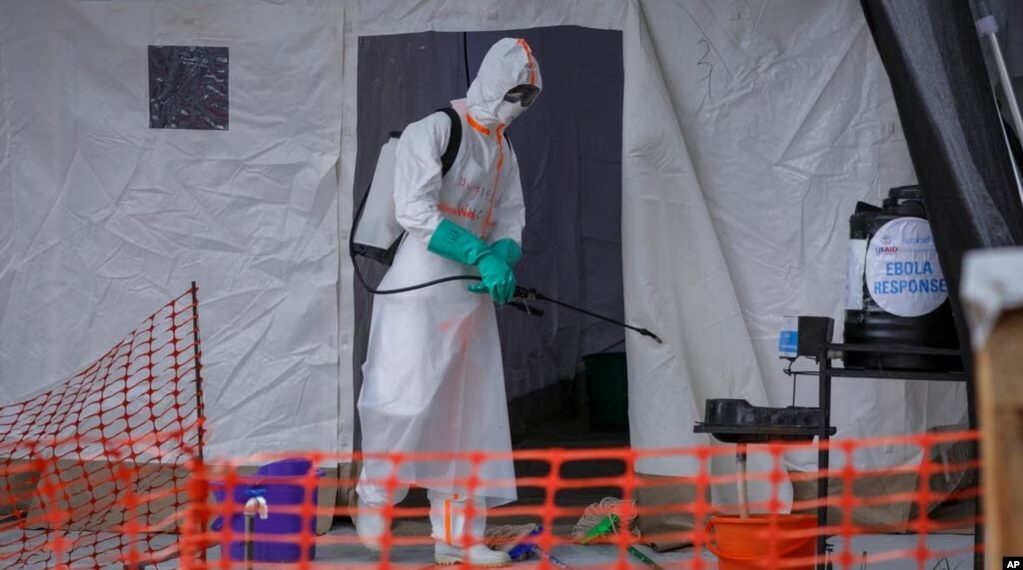Uganda has received 2,160 doses of trial vaccine from the World Health Organization (WHO) and its partners, in response to the outbreak of a strain of Ebola known as Sudan virus disease (SVD).
The outbreak has already resulted into death of a nurse working in the main referral hospital in Kampala, according to Uganda authorities.
WHO is working with the Ugandan Ministry of Health, Makerere University Lung Institute and the Ugandan Virus Research Institute, to develop research protocols and lead the trials’ implementation against the Sudan strain of Ebola.
According to the WHO, the SVD virus is highly virulent and has a fatality of between 41 per cent and 100 per cent judging on past outbreaks. While there are no approved treatments or vaccines for Sudan virus, early initiation of supportive treatment has been shown to significantly reduce mortality.
Uganda has previously experienced five different outbreaks of SVD, the last one was declared in September 2022 and ended in January 2023, with 164 cases and 77 deaths.
In response to the previous outbreak, WHO assembled a group of external experts to evaluate vaccines that could potentially protect against the virus, they then reviewed different vaccine candidates and recommended which ones should be tested in Uganda as part of a clinical trial, aiming to develop an effective prevention strategy.
In a press statement, the WHO noted that this vaccine trial will be used to test efficacy, “The aim of the vaccine trial is to evaluate a potentially efficacious candidate vaccine, and if efficacious, to possibly contribute to ending the ongoing outbreak and protect populations at risk in the future.”
The confirmation of Ebola in Uganda is the latest in a series of viral hemorrhagic fever outbreaks across East Africa. Recently, Tanzania declared an of Marburg virus in its northern Kagera region, meanwhile, Mpox cases have been reported in both Kenya and the Democratic Republic of Congo, highlighting the growing public health concerns across the region.
Meanwhile, Kenya’s Ministry of Health, has reassured the public of heightened vigilance and preparedness in response to Uganda’s outbreak.
In a press statement issued on January 31, Kenya’s health ministry announced that it is taking precautionary measure by enhancing its surveillance systems in all counties and point of entries.
“We are urging members of the public to stay vigilant, this disease spreads amongst people via direct contact (through broken skin or mucous membranes), blood, secretions, organs or other body fluids of infected people, and with surfaces and materials such as beddings and clothing contaminated with infected fluids.”
Consequently, MoH says that a rapid assessment of the country’s capacity to respond to a similar outbreak is underway, shortly after which a comprehensive plan will be developed to guide countrywide preparedness and response activities for Ebola.














